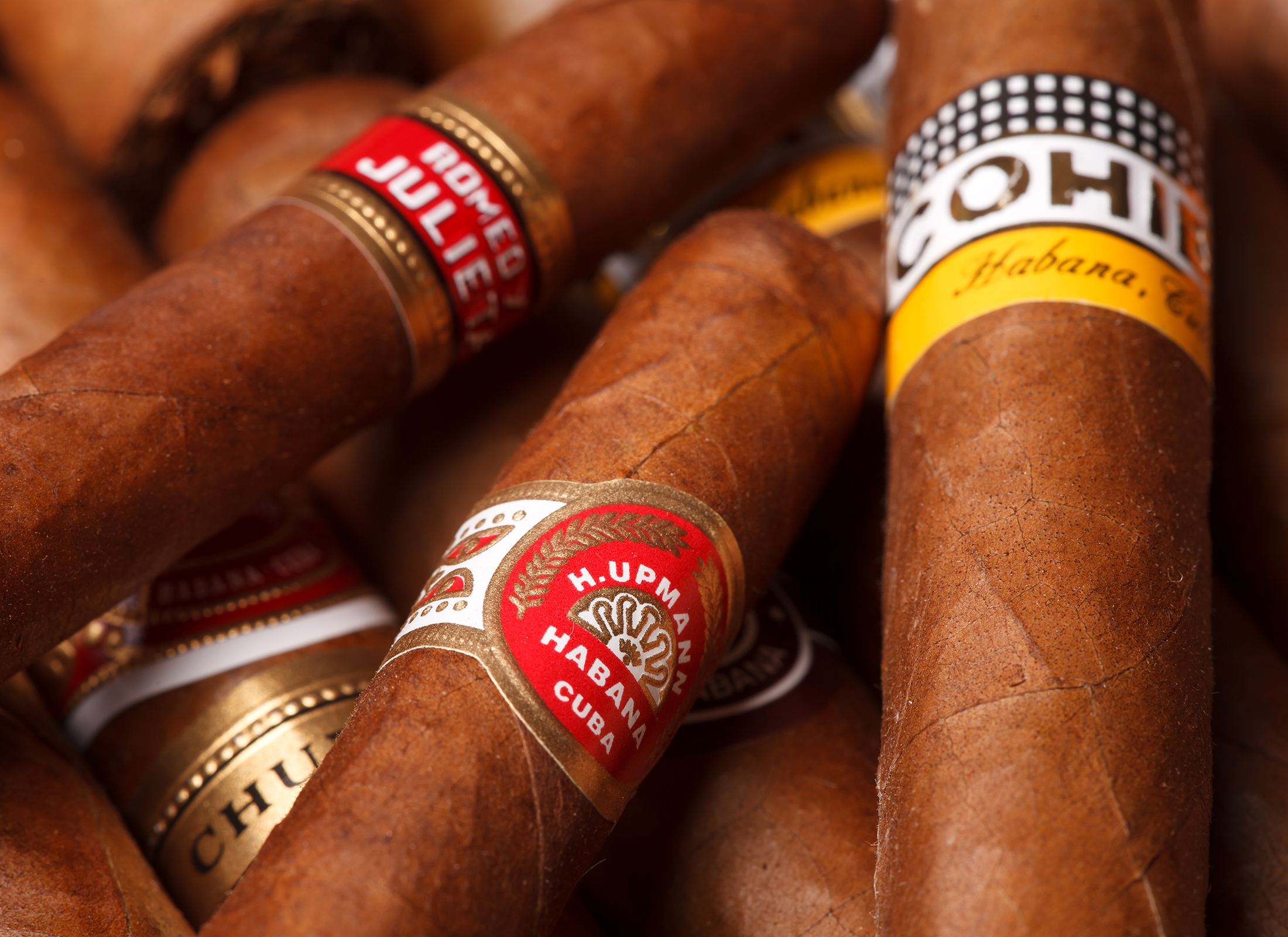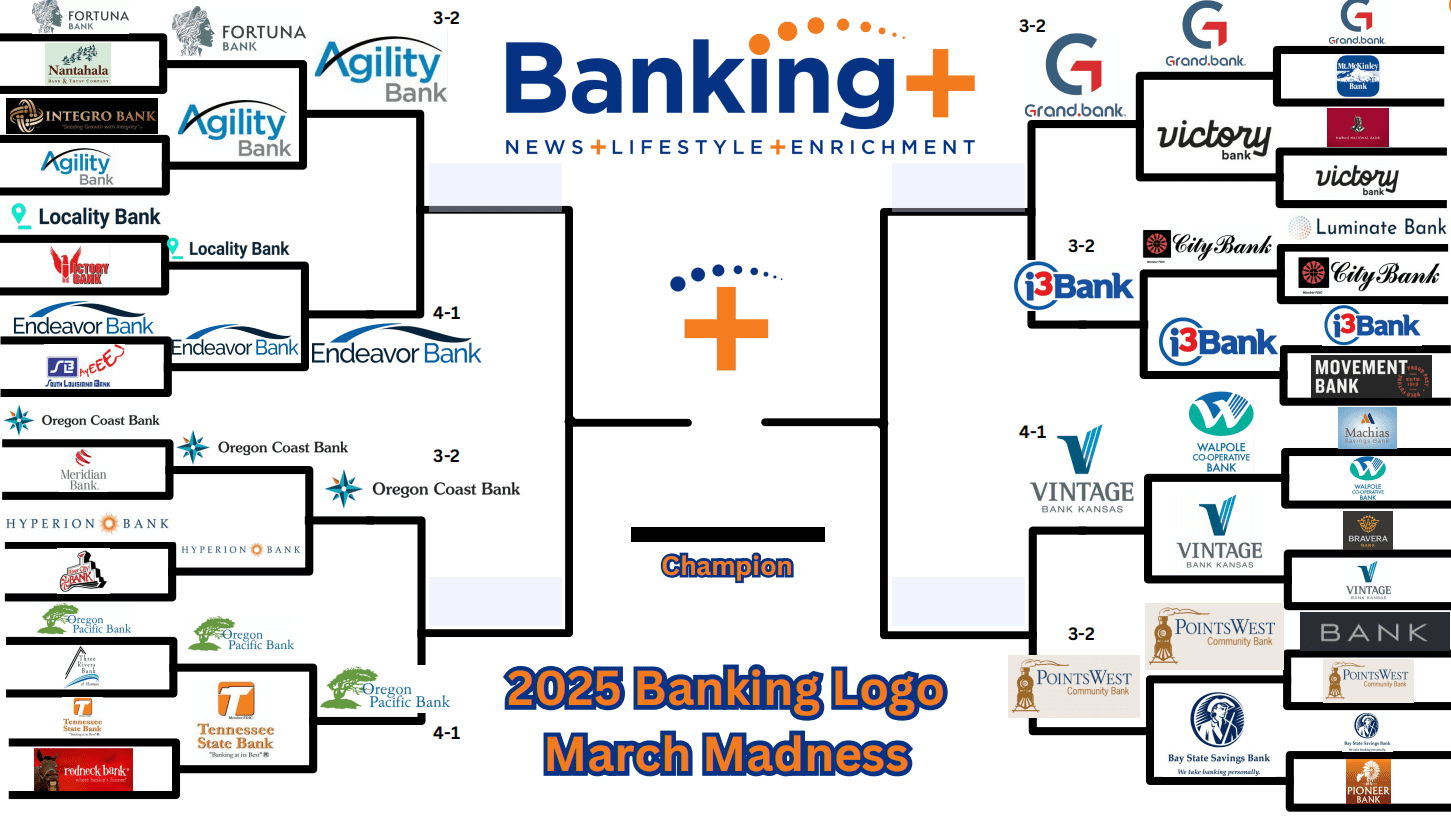Nineteenth Century banker-businessman Hermann Dietrich Upmann was, according to the Holts cigar blog, born in 1816 in Germany. In his 20s, he sailed to Cuba to launch an import/export company.
There, he saw an immense opportunity in the tobacco industry and its high-volume, high-value transactions. Believing that growers and distributors needed local financial services, Upmann established a Havana bank.
He also got into the industry himself, buying a local cigar factory in 1844. He renamed its product as H. Upmann cigars, a premier brand that survives to this day.
The Rise of the Upmann Cigar Empire: A Legacy Built on Tobacco
According to The Stogie Lads (Swedish cigar aficionados and YouTube content producers), Hermann Upmann retired in 1890. Both the bank and his cigar business, however, remained in the family. By the 1914 onset of World War I, both were owned and operated by Hermann Upmann’s grand-nephews, Herman and Albert Upmann.
The First World War transformed Latin America into a location of great, strategic interest. Its proximity to the U.S. made it a hotbed for spies leaking strategic information.
Further, the global conflict’s two opposing sides levied financial sanctions on each other, employing economic tactics to further their military goals. As a result, the Upmann bank and cigar business struggled against blockades, boycotts, and embargoes. Perhaps to retaliate against the financial strangulation, Herman and Albert agreed to sell classified war information to Germany.
The brothers then escalated tactics. In 1917, Upmann agents blew up ships carrying sugar, a valuable commodity in wartime. In response, Cuba and the U.S. collaborated to ferret out the espionage and sabotage networks. But the Upmanns were simply too deeply rooted in Cuban commerce and society to be eliminated easily.
Later that same year, the H. Upmann Company was named to the very first U.S. enemy trading list. U.S. banks and businesses were forbidden to engage with it commercially. The following year, Hermann and Albert Upmann were personally included in the governmental boycott.
The Downfall of the Upmann Empire: Bankruptcy and Repercussions
World War I ended on Nov. 11, 1918. By 1922, both Upmann businesses were bankrupt. The Upmann Bank of Havana was eventually sold for a mere 30,000 pesos, just over $600,000 in the currency of the time. The purchaser was the Habsburg Trust Havana Bank, as a Nov. 1922 Wall Street Journal edition reported.
Albert escaped Cuba without personal economic repercussions for his wartime actions. He successfully convinced authorities that, for the duration of the war, he was involved only with the cigar business.
Herman Dietrich Upmann, however, was forced to stay in Cuba, being stripped of his fortune and his standing as a banker. He died in 1925.



















